Search the Newsroom
Filter By
Showing 2731 - 2740 of 2896 results
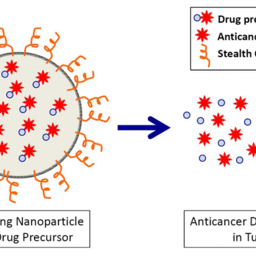
Nanoparticles May Exploit Tumor Weaknesses to Selectively Attack Cancers
Delving into the world of the extremely small, CHOP researchers are exploring how nanoparticles can precisely deliver anticancer drugs to attack neuroblastoma.
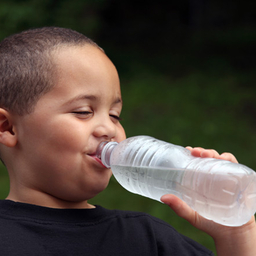
Preventing Kidney Stones
Kidney stones have become more common among children and young adults over the past few decades. Get expert advice that everyone can follow to prevent kidney stones.
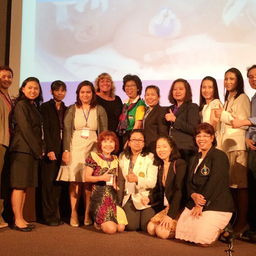
CHOP Lactation Expert Leads Conference in Thailand
CHOP Lactation Director Diane L. Spatz, PhD, RN-BC, FAAN, shared her 10-step model for breastfeeding support to vulnerable infants at the Third Annual International Conference on Breastfeeding Sick Babies in Bangkok, Thailand.
Shake It Off: CHOP Celebrates Child Life Month
With help from their friends in the Child Life Department, patients at The Children's Hospital of Philadelphia learn to "shake it off" and celebrate Child Life Month.
Babies’ BMI May Predict Childhood Obesity
BMI during infancy may help predict if a child will be obese by age 4. CHOP experts say studying infant growth patterns may lead to better, earlier obesity prevention.
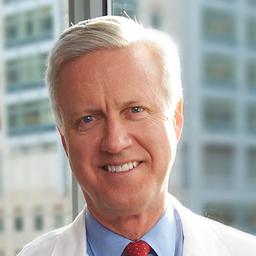
Dr. Adzick Awarded Prestigious Samuel D. Gross Prize for Pioneering Surgical Research
The Philadelphia Academy of Surgery honored Dr. Scott Adzick for contributions to the fetal surgery field.
CHOPS Syndrome Found, Tied to Key Events in Early Development
A puzzling multisystem disorder leads to discovery of a new genetic syndrome, and an end to families’ "diagnostic odysseys."

ABC Television Group Gifts $250,000 to CHOP
6abc, Mickey Mouse and Minnie Mouse surprised CHOP Patients and Families with a gift to enhance "Wait. Play. Learn." areas in the Buerger Center for Pediatric Care.

Should Your Child See a Cardiologist?
Most heart symptoms — such as chest pains and palpitations — are usually harmless, but there are times when these common concerns should be evaluated.
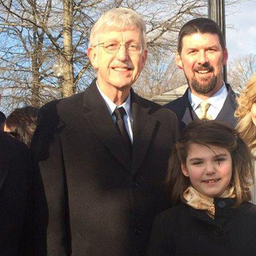
CHOP Invited to White House for President’s Announcement of the Precision Medicine Initiative
At the invitation of the White House, CHOP sent two guests to President Obama’s announcement of the Precision Medicine Initiative: Dr. Altschuler and Emily Whitehead.